Companies promoting the circular economy and reducing food waste
- 20/12/2022
- Posted by: Gaetan Dermien
- Category: Africa, Angola, Benin, Botswana, Burkina Faso, Burundi, Cameroon, Chad, Côte d'Ivoire, Democratic Republic Of The Congo, Djibouti, Eritrea, Eswatini, Ethiopia, Gabon, Gambia, Ghana, Guinea, Guinea-Bissau, Kenya, Lesotho, Liberia, Madagascar, Malawi, Mali, Mauritania, Mauritius, Mozambique, Namibia, News, Niger, Nigeria, Republic of the Congo, Senegal, Sudan, Tanzania, Togo, Uganda, Zambia, Zimbabwe
No Comments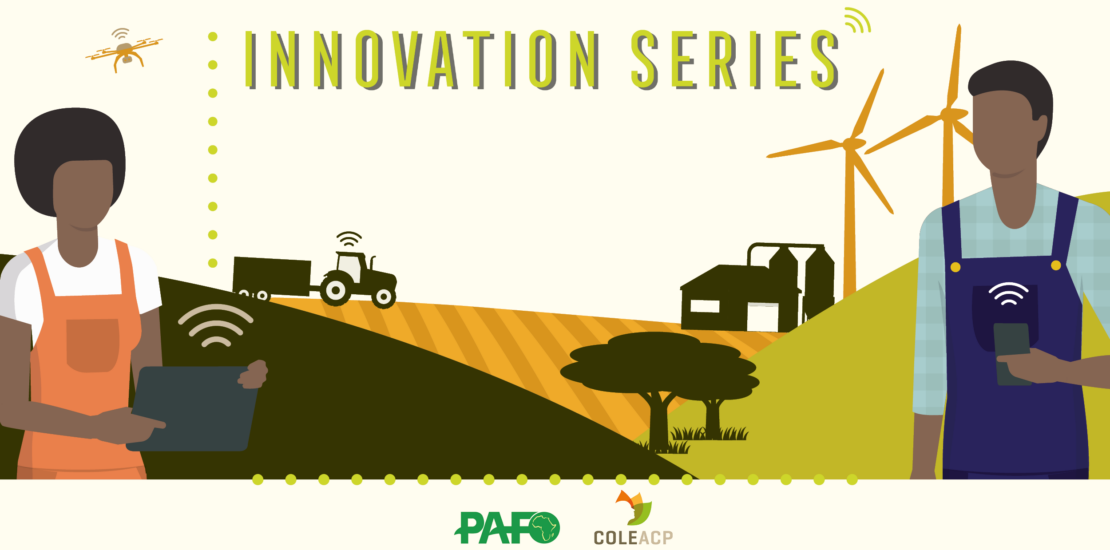 On 28 November 2022, during the 11th Innovations Session organised by the PAFO and COLEACP, inspiring African companies demonstrated how their businesses based on the circular economy contribute to reducing food loss and waste (agenda ; speakers’ biodata). The online session was attended by over 170 participants from Africa, the Caribbean region and Europe. The recording of the session is available on COLEACP’s YouTube channel. The growing global population requires increased food production levels to address food and nutrition security… +
On 28 November 2022, during the 11th Innovations Session organised by the PAFO and COLEACP, inspiring African companies demonstrated how their businesses based on the circular economy contribute to reducing food loss and waste (agenda ; speakers’ biodata). The online session was attended by over 170 participants from Africa, the Caribbean region and Europe. The recording of the session is available on COLEACP’s YouTube channel. The growing global population requires increased food production levels to address food and nutrition security… +COLEACP supports entrepreneurs committed to reducing food loss and waste through innovative solutions
- 29/09/2022
- Posted by: Gaetan Dermien
- Category: ACP EN, News
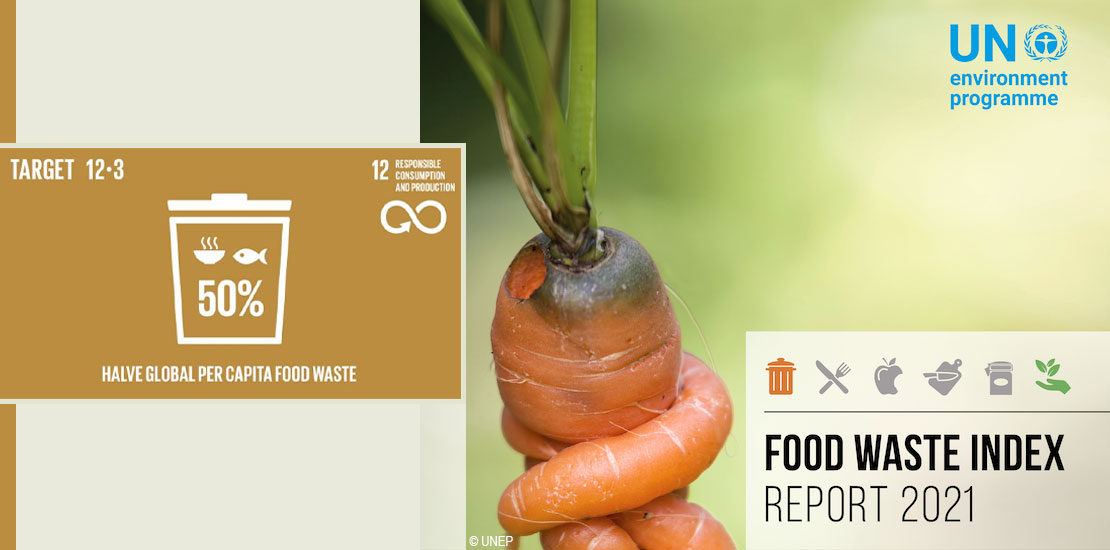 The 2022 International Day of Awareness of Food Loss and Waste (#IDAFLW) is a call for all to pursue the efforts in meeting the target 12.3 of the Sustainable Development Goals (SDGs) for halving per-capita global food waste at the retail and consumer levels and reducing food losses along production and supply chains by 2030. 17% of the total food produced is wasted at the retail, food service and consumption levels.1 In addition, 14% the world’s food production for human… +
The 2022 International Day of Awareness of Food Loss and Waste (#IDAFLW) is a call for all to pursue the efforts in meeting the target 12.3 of the Sustainable Development Goals (SDGs) for halving per-capita global food waste at the retail and consumer levels and reducing food losses along production and supply chains by 2030. 17% of the total food produced is wasted at the retail, food service and consumption levels.1 In addition, 14% the world’s food production for human… +West Africa: Identifying and assessing mango waste
- 17/03/2022
- Posted by: Gaetan Dermien
- Category: Burkina Faso, Côte d'Ivoire, Mali, News, Senegal
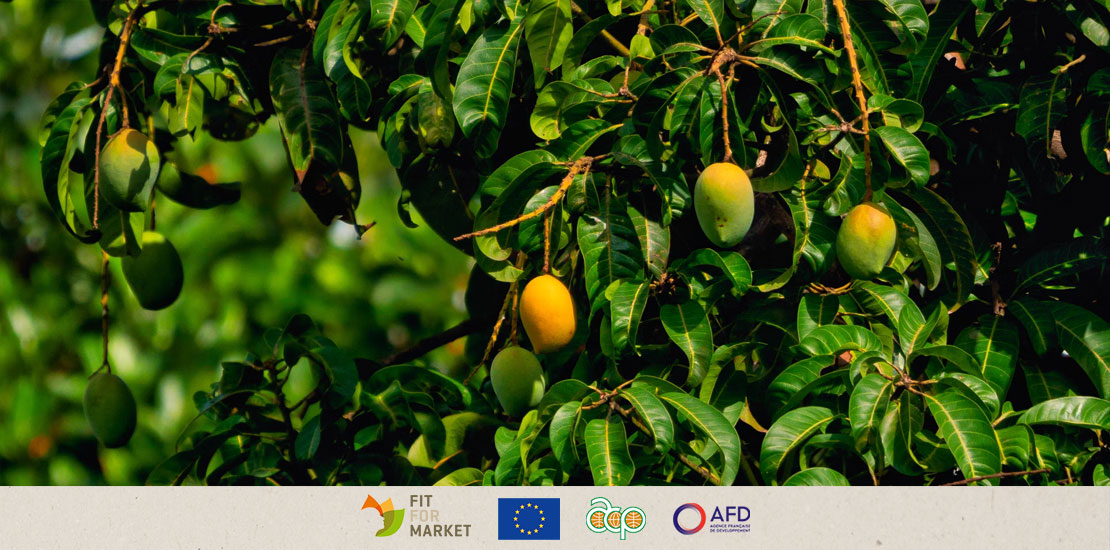 COLEACP Training Project Officer Sami Chauvet shares his experience of capacity building in waste reduction and valorisation using the example of the mango sector. Good waste management in the mango industry can lead to increased profits as well as the reduction of waste. This requires the identification of mango losses and waste by production and packing station managers. View the introductory video (in French) here In a typical training session, a team of local experts first provide distance learning on… +
COLEACP Training Project Officer Sami Chauvet shares his experience of capacity building in waste reduction and valorisation using the example of the mango sector. Good waste management in the mango industry can lead to increased profits as well as the reduction of waste. This requires the identification of mango losses and waste by production and packing station managers. View the introductory video (in French) here In a typical training session, a team of local experts first provide distance learning on… +News digest: Agri-food systems and sustainability
- 07/12/2021
- Posted by: Sandra Borma
- Category: Africa, Angola, Cameroon, Caribbean, Ethiopia, Gambia, Ghana, Kenya, Mauritius, News, Nigeria, Pacific, Sierra Leone, Tanzania, Uganda, Zimbabwe
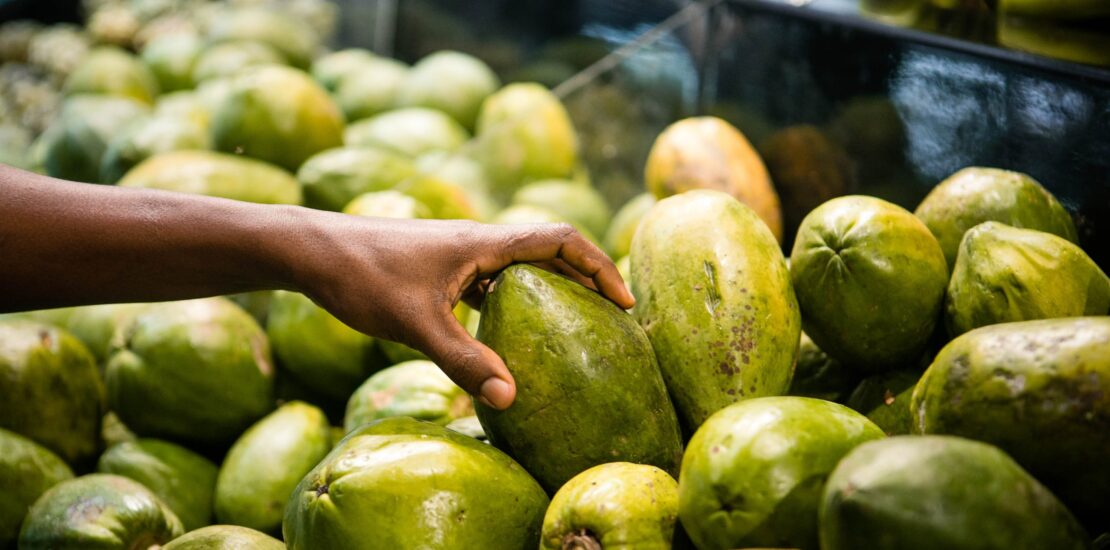 Agri-food and climate Africa Voices from the AGRF 2021 Summit call for pathways to recovery and resilient food systems The AGRF 2021 Summit, was a critical gathering of global and African voices. Designed to outline, discuss and validate commitments to, and accelerate action towards, ending hunger, reducing poverty and improving nutrition by 2030. From 7-10 September, leaders from across the continent and beyond gathered under the theme of “Pathways to recovery and resilient food systems” to define the pathways and… +
Agri-food and climate Africa Voices from the AGRF 2021 Summit call for pathways to recovery and resilient food systems The AGRF 2021 Summit, was a critical gathering of global and African voices. Designed to outline, discuss and validate commitments to, and accelerate action towards, ending hunger, reducing poverty and improving nutrition by 2030. From 7-10 September, leaders from across the continent and beyond gathered under the theme of “Pathways to recovery and resilient food systems” to define the pathways and… +News digest: Agri-food markets, production and trade
- 06/12/2021
- Posted by: Gaetan Dermien
- Category: Africa, Avocados, Cameroon, Caribbean, Citrus fruits, Coffee, Fiji, Kenya, Mangoes, News, Nigeria, Pacific, Rwanda, South Africa, Tanzania, Uganda
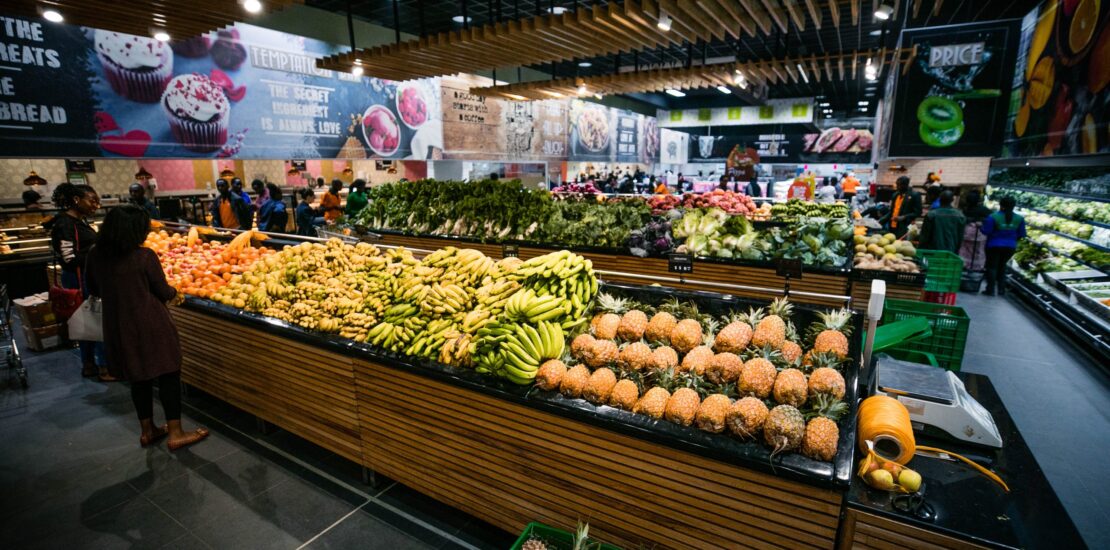 Agri-food Africa Rwanda: Rwanda plans to double its lending to agriculture Rwanda plans to double its lending to the agricultural sector from 5.2 to 10.4% by 2024. The goal is to modernise agriculture, which now accounts for one-third of Rwanda’s GDP. Small farms can rarely access financial services due to high interest rates (18-24% per year). Access to these loans will enable farmers to invest in new means of production and thus secure the food supply for a country whose… +
Agri-food Africa Rwanda: Rwanda plans to double its lending to agriculture Rwanda plans to double its lending to the agricultural sector from 5.2 to 10.4% by 2024. The goal is to modernise agriculture, which now accounts for one-third of Rwanda’s GDP. Small farms can rarely access financial services due to high interest rates (18-24% per year). Access to these loans will enable farmers to invest in new means of production and thus secure the food supply for a country whose… +News digest: policy
- 22/04/2021
- Posted by: Gaetan Dermien
- Category: Africa, Caribbean, News, Pacific
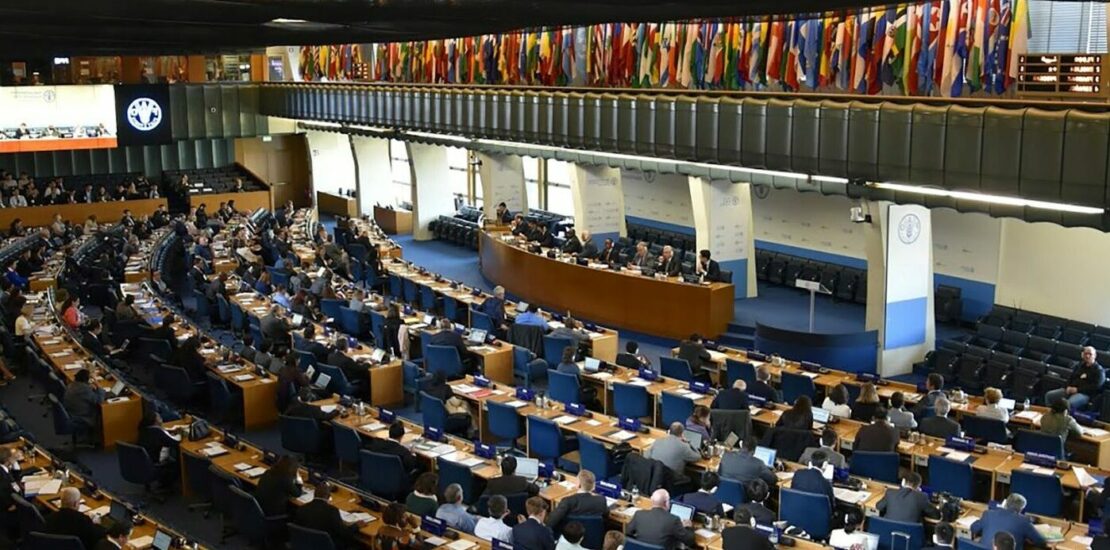 GLOBAL 2021 Global food policy report: Transforming food systems after Covid-19 On 13 April the International Food Policy Research Institute (IFPRI) launched its 2021 Global Food Policy Report. Covid-19 upended our food systems in 2020, leading to lost livelihoods, food insecurity and rising poverty. The report looks at the critical lessons learned from the pandemic so far and explores opportunities for transforming our food systems to be more resilient, healthy, sustainable, efficient and inclusive going forward. Critical questions addressed include:… +
GLOBAL 2021 Global food policy report: Transforming food systems after Covid-19 On 13 April the International Food Policy Research Institute (IFPRI) launched its 2021 Global Food Policy Report. Covid-19 upended our food systems in 2020, leading to lost livelihoods, food insecurity and rising poverty. The report looks at the critical lessons learned from the pandemic so far and explores opportunities for transforming our food systems to be more resilient, healthy, sustainable, efficient and inclusive going forward. Critical questions addressed include:… +
